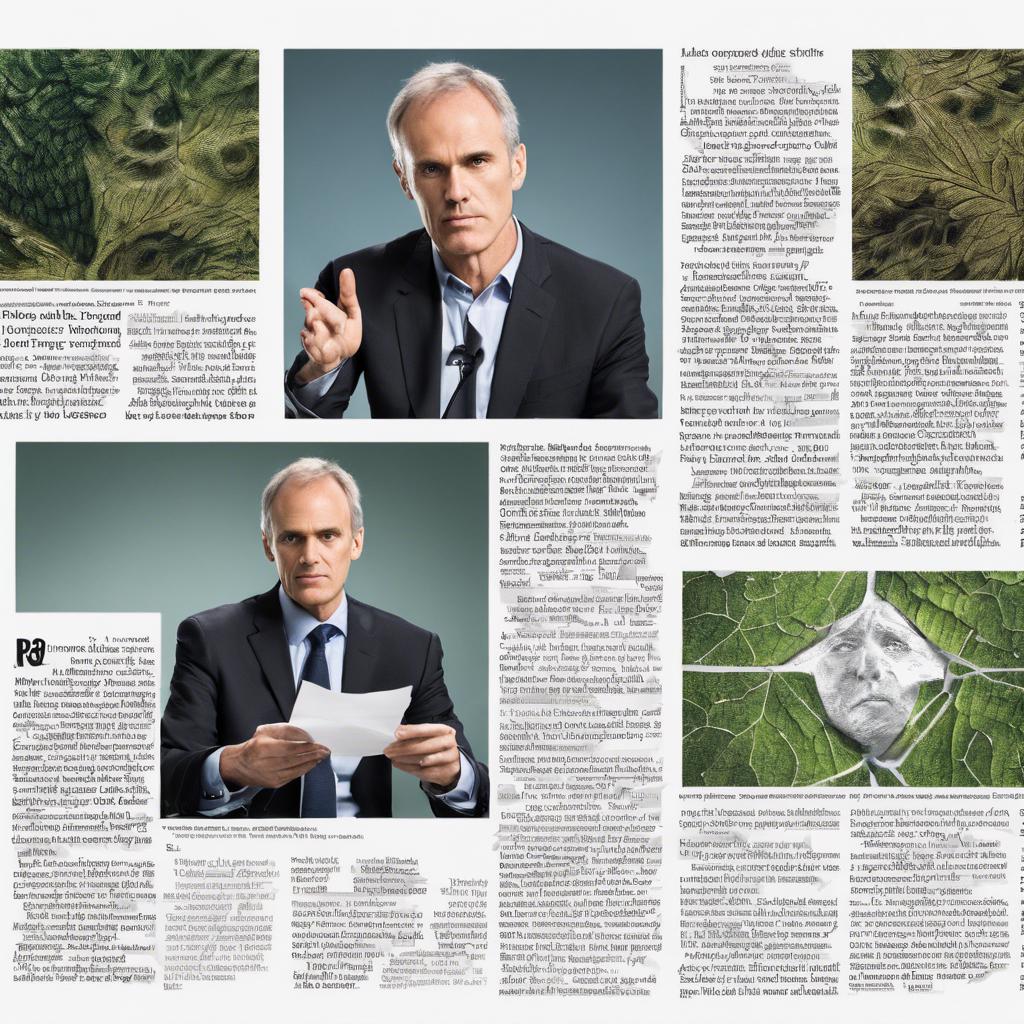The miraculous rescue of trapped miners in Uttarakhand prompts a deeper examination of our reliance on technology and the need to listen to the voices of nature.
As the nation rejoices over the successful rescue of forty-one miners trapped underground for seventeen days, the incident serves as a poignant reminder of our complex relationship with the natural world. The rescue effort, fraught with equipment failures and the ominous rumblings of the mountain, ultimately required a shift in approach, emphasizing the importance of respecting nature’s power. This raises crucial questions about our over-reliance on human ingenuity and the need to listen to the voices of nature in our pursuit of development and progress.
The Fallacy of Human Dominance
In her book ‘Marginlands,’ environmentalist Arati Kumar-Rao argues for a return to the basics and a deeper understanding of the local geography. She highlights the damage caused by the unbridled pursuit of development, emphasizing the need to work with the land rather than against it. The rush to construct highways through fragile mountain terrains, dam watercourses, and alter coastlines has irreversibly damaged ecosystems and put all forms of life at risk. Our relentless pursuit of material needs has brought the Earth to a tipping point, with estimates suggesting that we would require 1.6 Earths to sustain our current living standards.
The Wisdom of Traditional Populations
Kumar-Rao holds up traditional populations as a template for harmonious coexistence with the land. These communities live attentively, listening to the land, understanding it, and adapting to it. They embody the concept of cosmic oneness, recognizing a subtle essence of divinity in all beings. Our ancestors balanced human needs with the well-being of nature, demonstrating the importance of a symbiotic relationship.
Rediscovering our Bond with Nature
Author Karen Armstrong, in her book ‘Sacred Nature,’ suggests ways to recover our bond with the natural world. She advocates for perceiving nature with childlike wonder and awe, appreciating the intricate beauty of life forms and the interconnectedness of everything. By visualizing the journey of a raindrop or contemplating the history of a slab of granite, we can reestablish our connection with the world around us. Aasheesh Pittie, a birder and author, urges us to open ourselves to the fascinating worlds beyond our control, recognizing that there is much to learn and appreciate in the realms of nature.
A Call for Change
It is imperative that we reimagine our relationship with the environment. We must let go of our arrogance and the belief that we are the masters of the food chain. Instead, we must acknowledge the uniqueness of all life forms and the interconnectedness of everything. By protecting and rejuvenating geographies, we can ensure our own survival. The key lies in treating the land, the environment, and all living beings with the respect and reverence they deserve.
Conclusion:
The heartwarming rescue of the trapped miners in Uttarakhand serves as a catalyst for reflection on our relationship with nature. It highlights the fallacy of our over-reliance on human ingenuity and the need to listen to the voices of nature. We must learn from traditional populations and reestablish our bond with the natural world, perceiving it with wonder and awe. By embracing the interconnectedness of all life forms and protecting the environment, we can secure a sustainable future for ourselves and future generations. Let us pause and listen to the voices of nature before it is too late.
-30-











